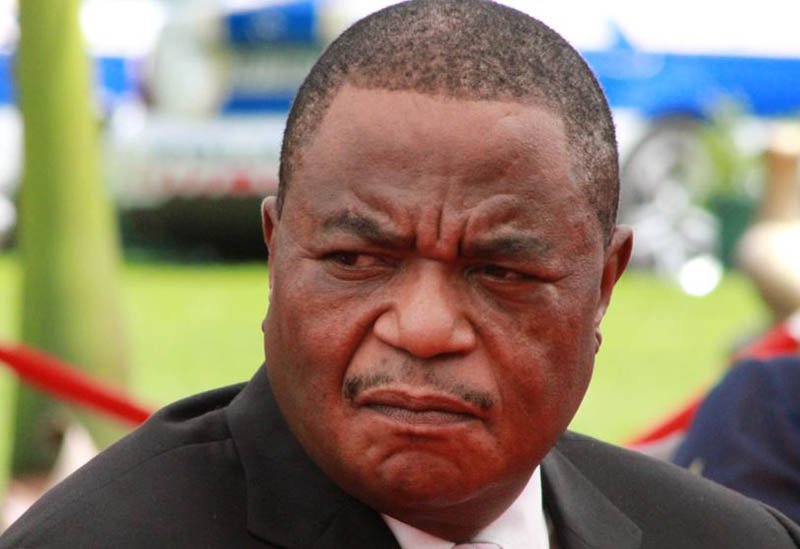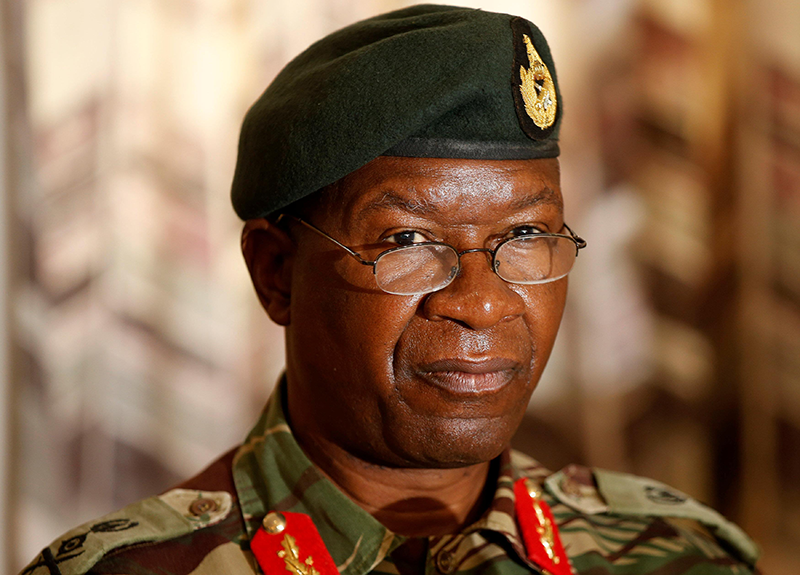- Featured
- No Comment
Australia reviews Zimbabwe sanctions; Chiwenga, Grace Mugabe still on list

By Staff Reporter
THE Australian government has announced a review of its Zimbabwe sanctions with vice president Constantino Chiwenga among the individuals remaining still subject to travel bans and financial restrictions.
In addition to Chiwenga, former First Lady Grace Mugabe, ex-Zimbabwe Republic Police (ZRP) boss Augustine Chihuri and former spy agency chief Happyton Bonyongwe are also still subject to the sanctions.
Current Zimbabwe Defence Forces chief, General Valerio Sibanda, lately in the news over the controversial and now-stayed appointment to the Zanu PF politburo, makes up the list of five individuals still sanctioned by Canberra.
In a statement, the Australian foreign affairs ministry said the five individuals, along with the State-owned Zimbabwe Defence Industry (ZDI), had been slapped with sanctions for engaging in activities “that seriously undermine democracy, respect for human rights and the rule of law in Zimbabwe.”
The ministry said affected individuals and entities can make representations to the review process which is aimed at determining whether the measures should remain in place.

“A listed person or entity, or their authorised representative, may apply in writing to the Minister at any time to have the listing revoked. The application must set out the circumstances relied upon to justify the application,” reads a statement from the ministry.
The statement explained that, in terms of the sanctions, “any person who, directly or indirectly, makes an asset available to, or for the benefit of, a listed person or entity, without the authorisation of the Minister, commits an offence”.
Western countries have maintained, over nearly two decades now, sanctions against the Harare government, accusing it of human rights abuses, electoral fraud and repression.
However, the Zanu PF government denies the charges, claiming the sanctions were aimed at punishing the country for its controversial land reforms.
Harare also blames the sanctions for the country’s economic problems which have seen more than a million people leave in search of better prospects across the borders mainly to South Africa as well as overseas.